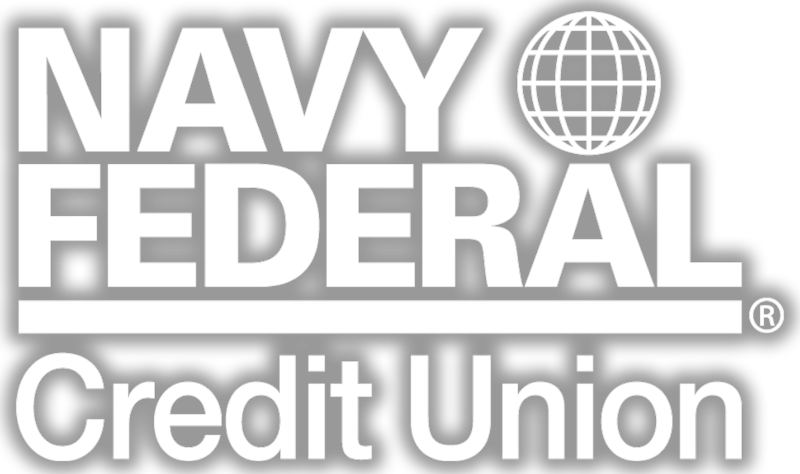New year, new financial you?
Almost everyone sets new resolutions on January 1, but that’s the easy part. Your resolutions might be job related, like scoring higher on your PT test. Or maybe it’s financial, like staying within budget and paying down debt. When it comes to debt, have no fear – there are great financial offers and tools available to help pay off credit card debt and get you back on track.
We all know the best way to get out of credit card debt is to pay it off as quickly as possible. Start small by paying more than your minimum monthly credit card payment. But there’s also a top secret tip you might not know about - you can also lower your monthly payment by using a balance transfer.
How can I use a balance transfer to pay off debt?
A balance transfer allows you to move your current credit card balance to a new card with a lower rate. That way, you can pay off debt faster since you’re paying less each month. Many financial institutions offer attractive balance transfer offers– especially around this time of year since they know consumers have holiday debt to pay off.
If your credit card has an interest rate between 10 to 20 percent, you may be paying more in interest each month than you have to. The goal is to find a new card that works with your spending habits, offers a lower interest rate than your current card, and has low to no fees. It’s also important that the balance transfer offer allows you enough time to pay off your balance before the regular, higher Annual Percentage Rate (APR) kicks in – on average about 12 to 15 months.
What are things I should consider when looking at offers?
Factor in the pros and cons before taking action, just as you would a successful military operation plan. Consider interest rates and fees first when looking at available offers. Once you pay off your debt or the introductory period expires, you’re still responsible for that new card and its new interest rate. Make sure when that time comes it’s still valuable for you. Also consider secondary benefits when opening a new credit card using a balance transfer, such as rewards programsor credit limit.
Always read the fine print before opening a new card. Some issuers charge interest retroactively if you haven’t paid off your balance in full before the introductory rate expires. This could end up costing you more money in the long run. This is also where smart budgeting and responsible spending comes into play.
Will my credit score fluctuate after making a balance transfer?
In general, when you apply for credit, you’ll see a small decrease in your credit score. It’s not a major factor in determining your overall score, so the decrease from a balance transfer should be temporary. However, if you plan on making a large purchase in the very near future, such as a car or home, weigh the pros and cons before opening a new credit card. It might not be the best option for you at this time. Generally, you should spread out requests for new credit over time to minimize any impact to your credit score.
What's the deal with fees?
The good news is it’s possible to find balance transfer offers with no fees. For example, some financial institutions, like Navy Federal Credit Union, never charge a balance transfer fee.
In addition to watching out for fees, beware of the zero-interest rate offers. At first they appear attractive, but they could cost you more money in the long run. You may be paying zero interest on your balance month to month, but the upfront charge of 3 or 5 percent on your total balance is more costly than a 2.99% introductory APR offer with no fee. You do the math.
What if I can't pay my balance before the intro rate period is over?
The goal of a balance transfer is to pay off your debt in full before the introductory rate ends. However, this isn’t always possible, especially if you have a considerable amount of debt. Your APR will increase when the intro rate expires. This is why it’s important to know the card’s standard APR before making that balance transfer.
If your New Year’s resolution is to pay off holiday debt or that looming
balance, consider a balance transfer offer. Be sure to read the offer’s fine print before you transfer your balance and speak to your financial institution to make sure you’re making the right choice for you.






